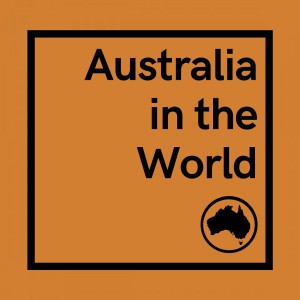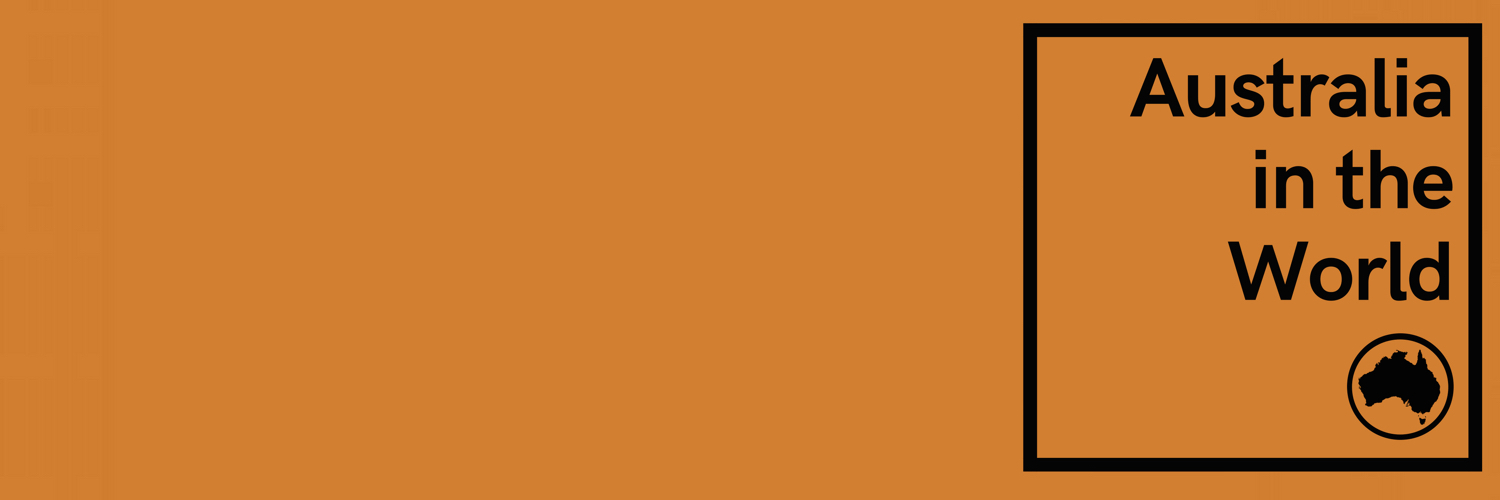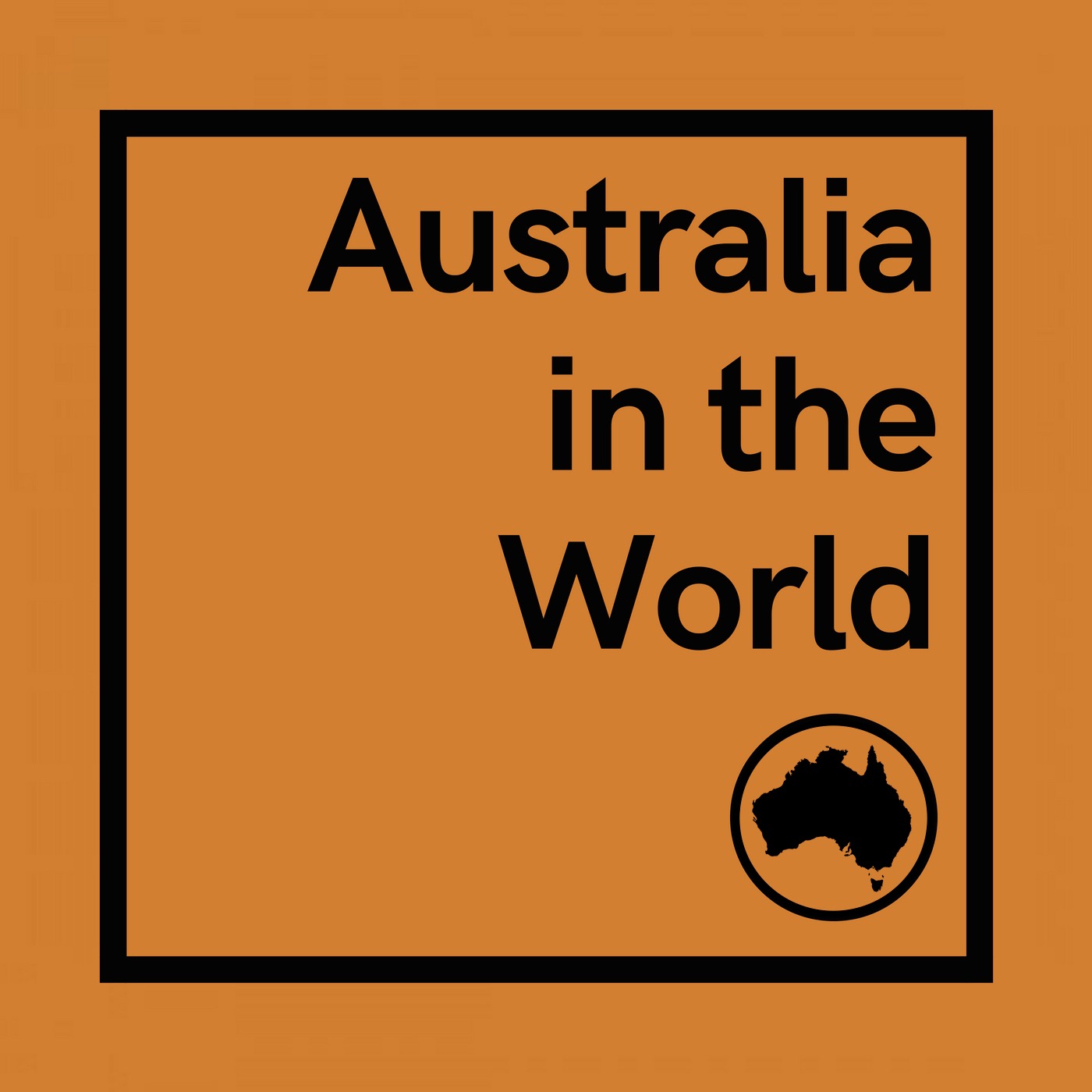Episodes

Friday Feb 28, 2020
Friday Feb 28, 2020
This week Allan and Darren interview Richard Maude, who needs no introduction to regular observers of Australian foreign policy. Until recently, Richard was Deputy Secretary, Indo-Pacific Group, in the Department of Foreign Affairs and Trade. Prior to that, he headed the task force responsible for drafting the 2017 Foreign Policy White Paper. From 2013-2016, Richard was Director-General of the Office of National Assessments, and before that he was senior adviser on foreign policy and national security to Prime Minister Julia Gillard. Richard has now taken on a new position at the Asia Society Policy Institute as the inaugural Executive Director, Policy, and Senior Fellow.
Allan commences the discussion by asking Richard how he thinks about the “Indo-Pacific” and to describe Australia’s Indo-Pacific strategy. How has the world changed since Richard started working on the Australian Foreign Policy White Paper back in 2016? Darren describes his own shock at the events of 2016, and asks Richard whether he has ever been personally surprised by any events in international affairs which, in turn, caused him to update his own “model” of the world. The conversation then returns to a familiar theme of recent episodes of the podcast, sovereignty, and the logic of Prime Minister Scott Morrison’s emphasis on the concept in developing his government’s foreign policy. Allan contrasts the challenges to the rules-based order that shaped the 2017 Foreign Policy White Paper—in particular relating to the Law of the Sea—with those that have come since, especially emanating from Australia’s allies. Is there still an order to defend and how does a country like Australia do it? And in doing so, will Australia need to be willing to accept trade-offs, such as deemphasising liberalism and democracy, in order to get cooperation on global challenges like climate change, war, or trade?
The conversation moves to China, with Darren asking Richard the extent to which China’s domestic politics factors into his model of China’s behaviour on the world stage, and what major questions remain in his mind regarding China over the coming years. Closer to home, Darren asks whether Richard accepts the premise of two warring “tribes” in the Canberra policymaking community regarding China, and Richard’s answer speaks more broadly to the issue of how to integrate security and economic perspectives into policymaking.
In the final part of the podcast, Allan asks the perennial question of why those who believe that foreign policy is a critical element of Australian statecraft have been unable to convince successive governments to invest in it, while Darren wonders how foreign policy successes can be measured. The podcast concludes with Richard describing his new role with the Asia Society Policy Institute, and reflections on how think tanks and academics can most effectively attract the attention and shape the views of ministers and policy advisers in Canberra.
As always, we invite our listeners to email us at this address: australia.world.pod@gmail.com We welcome feedback, requests and suggestions. You can also contact Darren on twitter @limdarrenj
We thank AIIA intern Isabel Hancock for research and audio editing, Rory Stenning for composing our theme music and Angus Blackman for technical support in studio.
Relevant links
Richard Maude’s biography via the Asia Society Policy Institute: https://asiasociety.org/policy-institute/richard-maude
Richard Maude, “Charting a Course for Australia in a Changing Asia”, Asia Society Policy Institute, 13 February 2020: https://asiasociety.org/australia/charting-course-australia-changing-asia
John Kehoe, “The division in Canberra over China”, Australian Financial Review, 2 December 2019: https://www.afr.com/policy/foreign-affairs/china-power-struggle-in-canberra-20191128-p53f27


No comments yet. Be the first to say something!